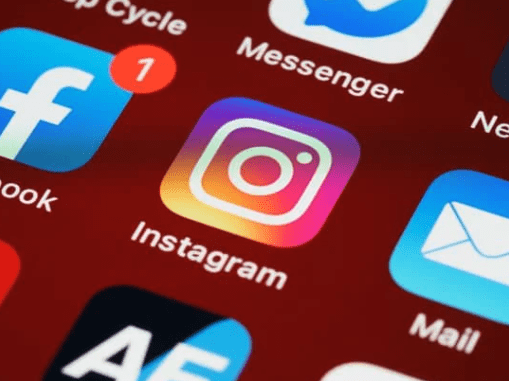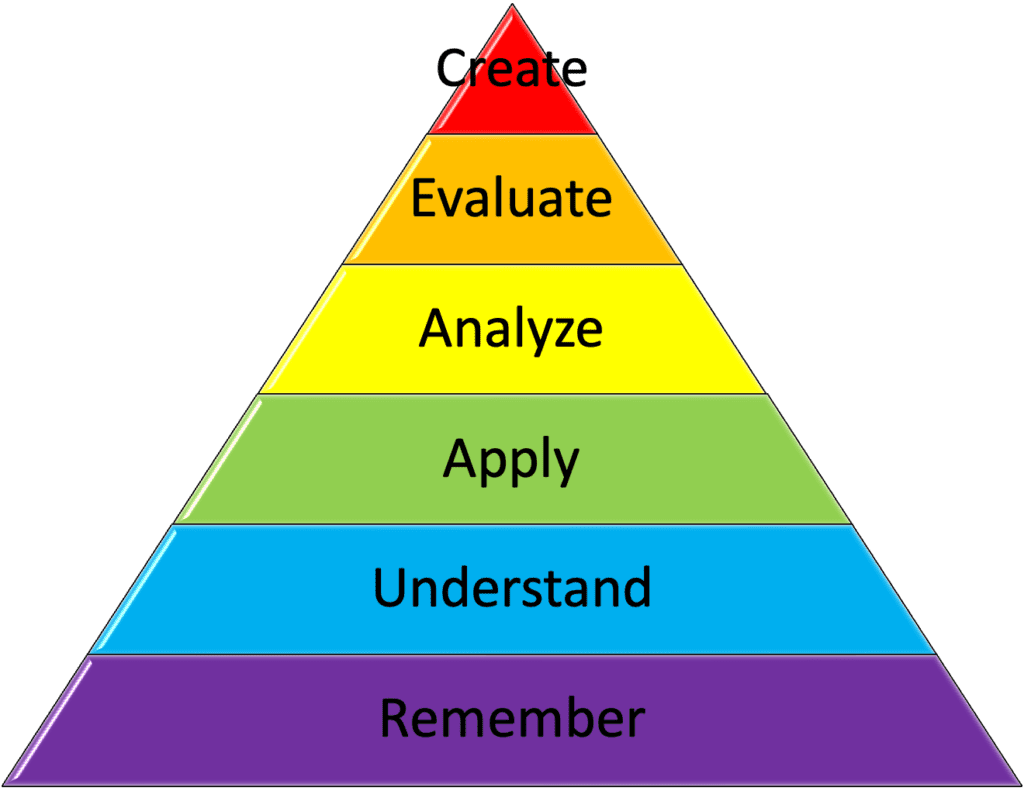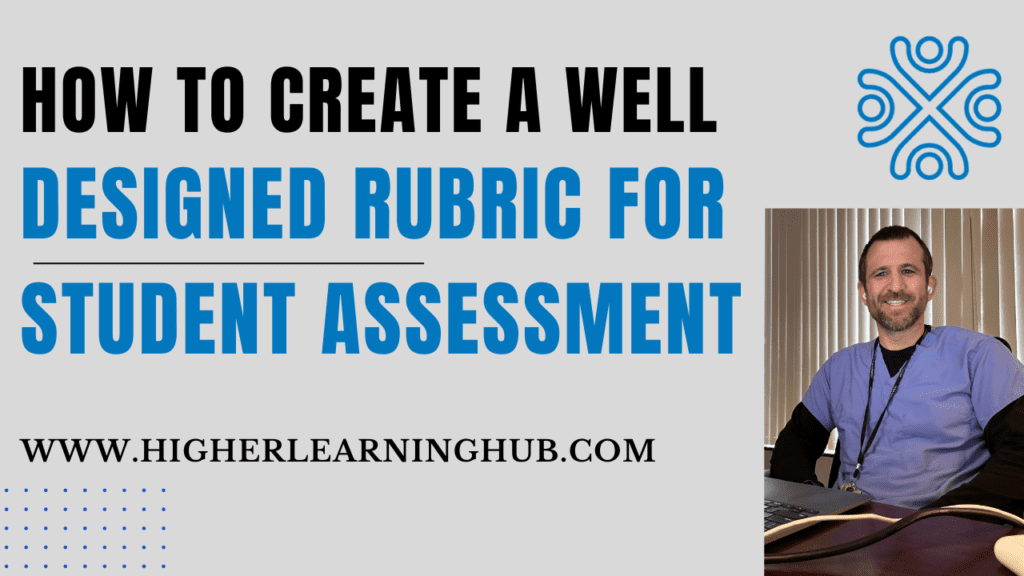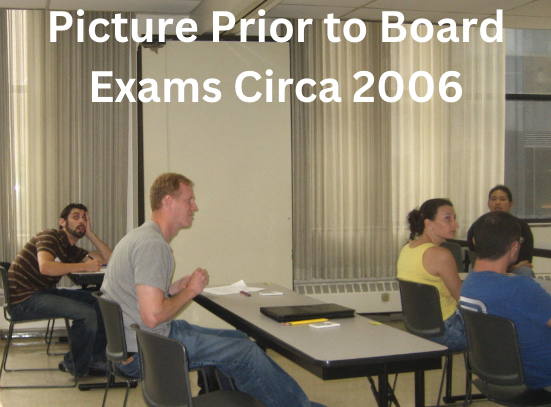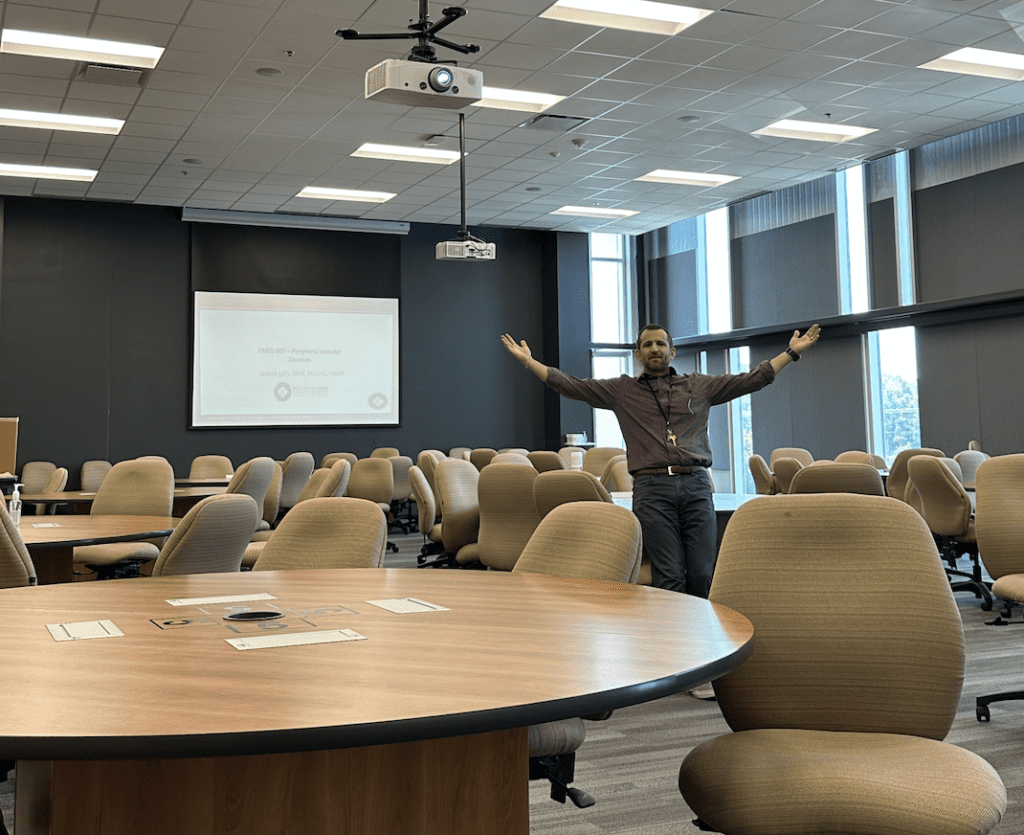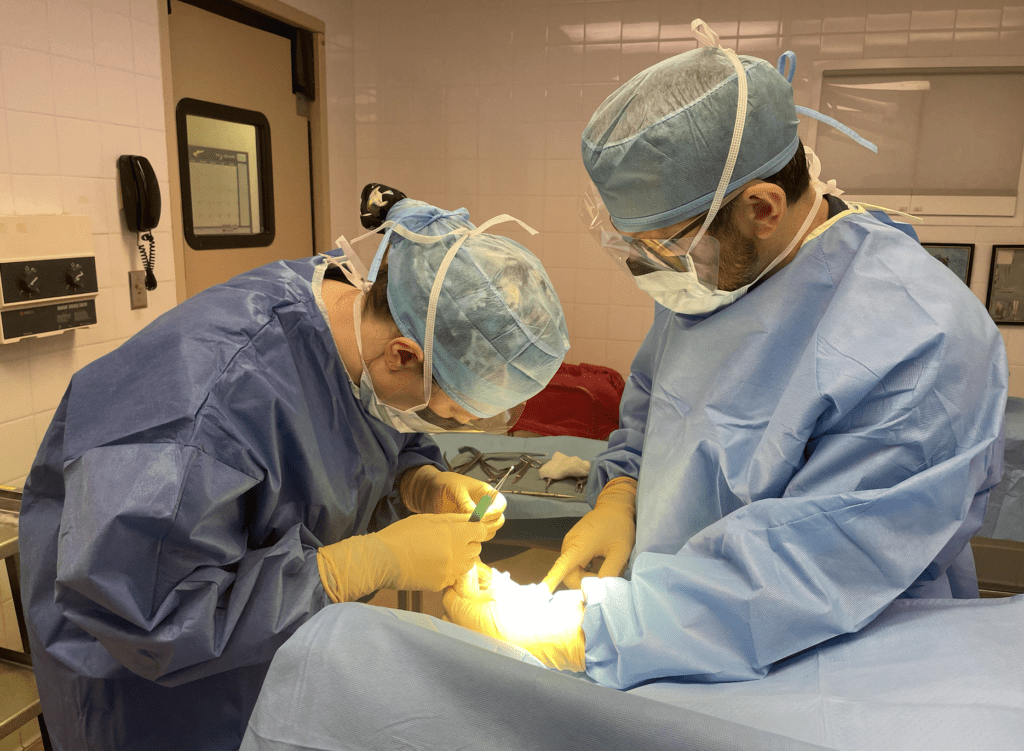In the 21st century, the landscape of education has undergone a profound transformation, in part driven by the advent of social media. Once confined to physical classrooms and lecture halls, higher education now finds itself intertwined with the digital fabric of social networks. This shift has not only revolutionized the way students learn and interact but has also posed challenges AND opportunities for educators and institutions alike. This blog post will investigate the many ways in which social media has impacted higher education.
In the digital age, the pervasive influence of social media has woven itself into the fabric of higher education, transforming the way students learn, engage with each other and faculty, and navigate academic landscapes. From reshaping communication dynamics to redefining academic discourse, the impact of social media on higher education is an evolving narrative that echoes beyond lecture halls and into the virtual realms of interconnected learning.
Global Connectivity and Collaboration:


Social media has bridged geographical gaps, creating a global community where students and educators can connect effortlessly. Platforms like Instagram, Facebook, and LinkedIn serve as virtual meeting places, fostering collaboration and knowledge exchange beyond the confines of campus walls. This interconnectedness facilitates cross-cultural dialogue, exposes students to diverse perspectives, and encourages a more holistic understanding of the subjects they study.


Information Accessibility and Knowledge Dissemination:
Never before has information been so readily available. Social media serves as an immense repository of knowledge, providing students with instant access to a plethora of academic resources (e.g Osmosis), research articles, and educational content. This democratization of information empowers students to take charge of their learning, promoting self-directed study and research skills.
Engagement and Communication:
Social media platforms offer a dynamic channel for student-teacher communication. Class announcements, discussion forums, and virtual office hours have become integral components of the modern academic experience. This real-time interaction enhances student engagement, making learning more interactive and personalized. It also provides a platform for shy or reserved students to express themselves, fostering inclusivity.
Daily Quizzes
I have implemented daily quizzes through this website which has received excellent feedback thus far. Firstly, they provide a consistent and engaging way for individuals to enhance their knowledge and skills in a low-pressure environment. The regularity of these quizzes promotes a habit of learning, fostering continuous intellectual growth. Additionally, the interactive nature of quizzes makes the learning process enjoyable and reinforces information retention. These daily challenges also serve as a valuable tool for self-assessment, allowing users to track progress over time and identify areas for improvement. Moreover, the gamified aspect of quizzes can contribute to a sense of accomplishment and healthy competition, motivating users to stay committed to their learning journey.
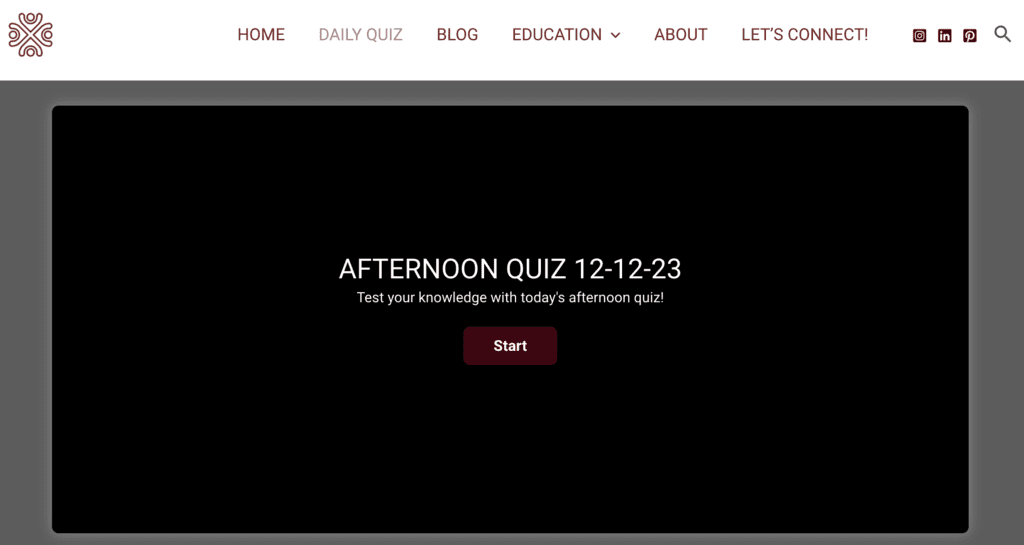

Professional Networking and Career Development:
Platforms like LinkedIn play a crucial role in connecting students with professionals in their field, providing valuable insights, mentorship opportunities, and a platform for showcasing achievements. Social media thus becomes a powerful tool for career development, helping students build a professional online presence and establish connections that can pave the way for internships, job opportunities, and collaborative research.
Challenges and Concerns:
Despite its numerous benefits, the integration of social media into higher education is not without challenges. The potential for distraction, the spread of misinformation, and concerns about privacy and data security are significant issues that institutions must grapple with. Striking a balance between leveraging the advantages of social media and mitigating its drawbacks is an ongoing challenge for educators and administrators.
The Evolution of Teaching Pedagogies:
Social media has prompted a reevaluation of traditional teaching methodologies. The flipped classroom model, for example, leverages online platforms for content delivery, allowing class time to be dedicated to interactive discussions and problem-solving. As educators adapt to these changes, the role of the teacher evolves from a knowledge dispenser to a facilitator and guide, fostering critical thinking and collaborative skills.
Conclusion: How Has Social Media Impacted Higher Learning?
The impact of social media on higher education is undeniable, reshaping the way students learn, connect, and prepare for their future careers. As we navigate this digital frontier, educators and institutions must continue to adapt, harnessing the positive aspects of social media while addressing its challenges. Ultimately, thoughtful integration of technology and education can lead to a more interconnected, accessible, and dynamic higher education experience for our students
Engaging with social media, for me, has proven to be a rewarding experience. The dynamic nature of platforms like LinkedIn, YouTube, and Instagram has allowed me to connect with fellow students, professors, and professionals in my field. Through these online networks, I’ve had the opportunity to stay updated on the latest industry trends, participate in thought-provoking discussions, and even network with peers. Social media has not only facilitated the exchange of knowledge but has also served as a platform for sharing valuable resources, academic insights, and networking opportunities. Beyond the classroom, these platforms have provided a space for me to build an online presence, and establish connections that extend beyond the confines of my academic institution. Overall, my experience with social media in higher education has been positive, enhancing both my learning and professional development.
Comment below on ways that social media has either positively or negatively impacted your educational journey!


Leland Jaffe DPM, FACFAS
Associate Professor and Dean
Podiatric Foot and Ankle Surgeon
North Chicago, Illinois

